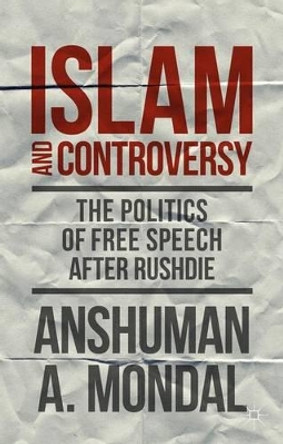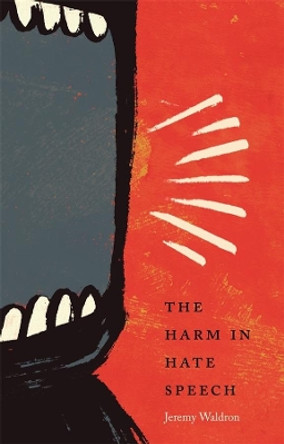Most liberal societies are deeply committed to a principle of free speech. At the same time, however, there is evidence that some kinds of speech are harmful in ways that are detrimental to important liberal values, such as social equality. Might a genuine commitment to free speech require that we legally permit speech even when it is harmful, and even when doing so is in conflict with our commitment to values like equality? Even if such speech is to be legally permitted, does our commitment to free speech allow us to provide material and institutional support to those who would contest such harmful speech? And finally, and perhaps most importantly, which kinds of speech are harmful in ways that merit response, either in the form of legal regulation or in some other form? This collection explores these and related questions. Drawing on expertise in philosophy, sociology, political science, feminist theory, and legal theory, the contributors to this book investigate these themes and questions. By exploring various categories of speech (including pornography, hate speech, Holocaust denial literature, 'Whites Only' signs), and attending to the precise functioning of speech, the essays contained here shed light on these questions by clarifying the relationship between speech and harm. Understanding how speech functions can help us work out which kinds of speech are harmful, what those harms are, and how the speech in question brings them about. All of these issues are crucially important when it comes to deciding what ought to be done about allegedly harmful speech.
About the AuthorIshani Maitra is Assistant Professor of Philosophy and Women's and Gender Studies at Rutgers University, Newark and New Brunswick. She received her PhD from the Massachusetts Institute of Technology. She works in philosophy of language, feminist philosophy, and philosophy of law. Mary Kate McGowan is Professor of Philosophy at Wellesley College. She received her PhD from Princeton. She works in metaphysics, philosophy of language, feminism, and philosophy of law.
ReviewsThe speech-act turn in free speech theory is best understood, therefore, not merely as being about pornography, or about hate speech more generally, but as a new way of thinking about speech, its value, and its dangers. . . . it is an important new direction, and one that is both consolidated and taken a step further in much that is contained in this important collection. * Frederick Schauer, Notre Dame Philosophical Reviews *
Book InformationISBN 9780199236275
Author Ishani MaitraFormat Paperback
Page Count 280
Imprint Oxford University PressPublisher Oxford University Press
Dimensions(mm) 215mm * 140mm * 15mm









